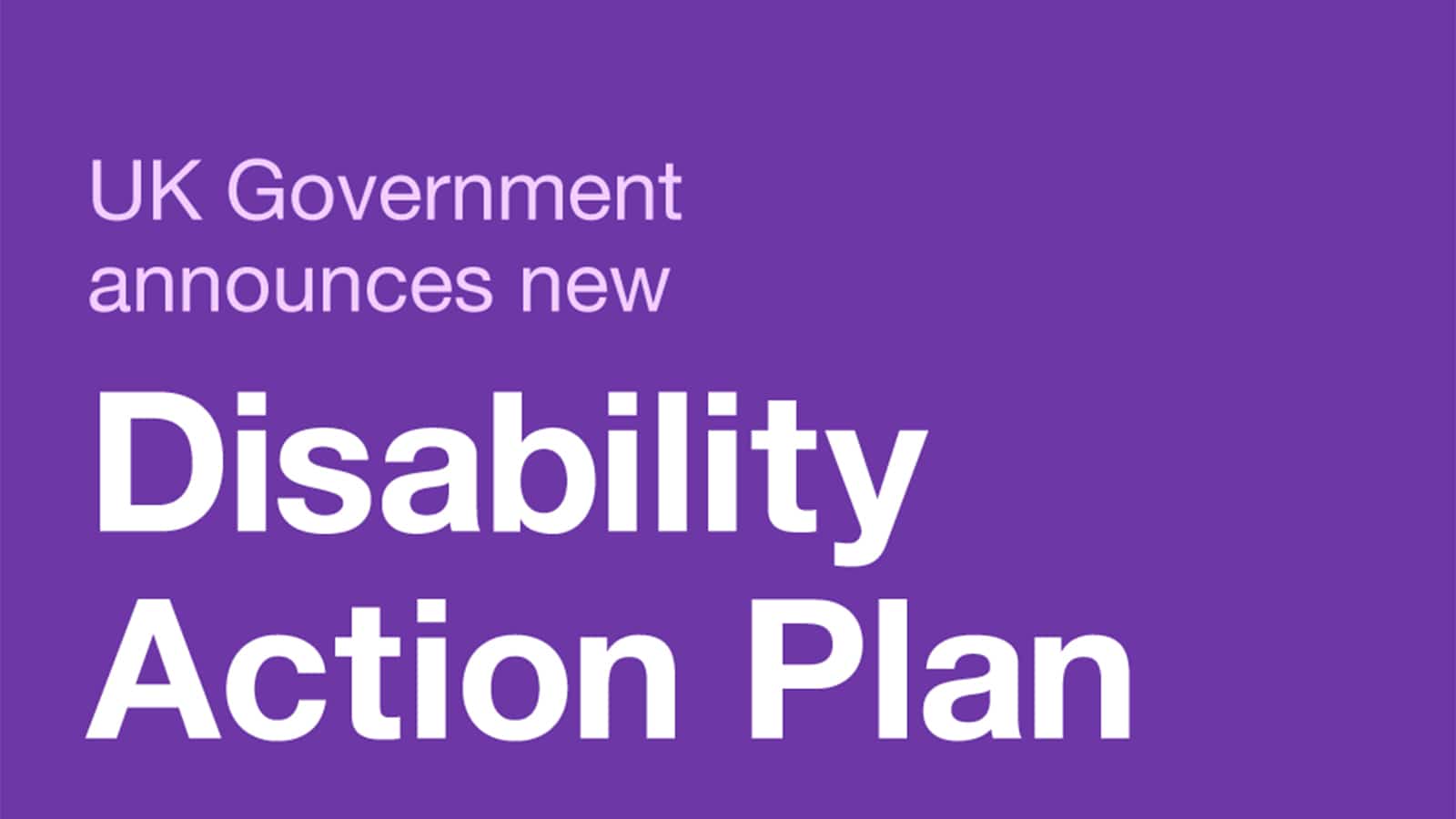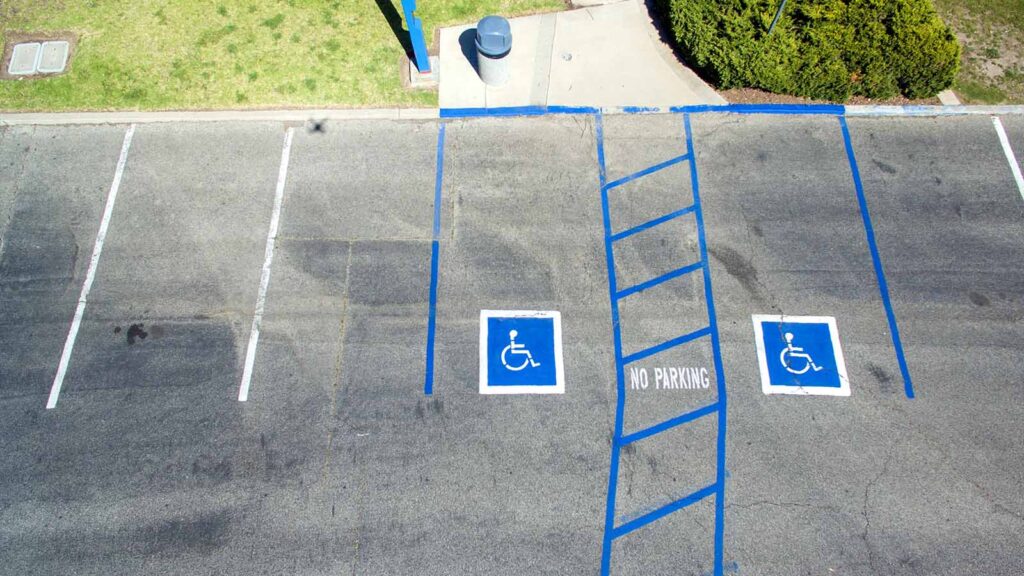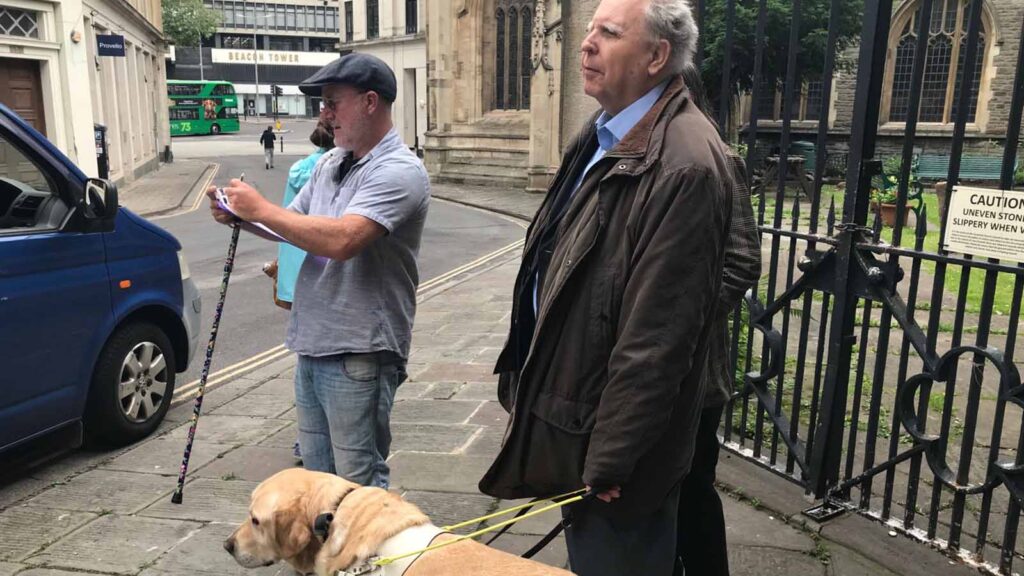
The Government has recently launched their Disability Action Plan with the aim of making the UK ‘the most accessible place in the world’ for Disabled people, but it isn’t nearly enough. From failing to address key issues and take onboard feedback from the Disabled community, to solutions that are granted low or zero budget, Disabled People’s Organisations (DPOs) like us are disappointed and demand better. Faced with an urgent need for action amidst a cost of living crisis, the proposed plan needs to commit to meaningful and transformative change based on Disability rights, need and co-production, rather than just coming up with ‘empty promises’.
WECIL are calling for proactive and impactful action to protect independent living for Disabled people. The current Action Plan gives us little confidence, but we remain hopeful that positive change is possible as we continue to stand up for Disabled lives.
What is the Disability Action Plan?
The Action Plan outlines 32 practical actions that the Government say they will take to create ‘real, tangible action to change people’s daily lives’, according to Mims Davies, Minister for Disabled People. The plan, launched in February 2024 after a 12-week consultation period, was long awaited after being promised by the Conservative party in their 2019 manifesto, and it is intended to sit alongside the longer-term National Disability Strategy. It details commitments that are designed to improve Disabled people’s lives both now and lay the foundation for longer term change in the future.
The plan covers a number of areas, including helping to improve the accessibility of local playgrounds, committing to British Sign Language interpretation of Government briefings, supporting assistance dog users and a new fund to support the election of Disabled people into political positions. We do recognise these positive attempts, and welcome the fact that the plan rightly acknowledges the devastating impact of the cost of living crisis on Disabled people. However, the proposed solutions fail to show sufficient response to the urgency of the situation, during a financial crisis where Disabled people are significantly more likely to be living in poverty.
Even during the consultation period, the plan was met with criticism from a number of DPOs, and the DPO Forum called for a list of demands to give the Government a chance to rebuild trust with Disabled communities. These included scrapping care charges, implementing accessibility standards for new build homes, implementing changes to the Work Capability Assessment (WCA) to protect Disabled people’s rights to benefits and reform of emergency evacuation plans from high-rise buildings. However, the plan has still been launched.
Why it isn’t enough
The Disability Action Plan falls short on multiple levels. Too many of its strategies, which claim to provide short term and immediate support, actually ‘are not short-term at all – introducing reviews or proposals for 2025, after the General Election when no action can be guaranteed’, as pointed out by Disability Rights UK. For example, supporting Disabled in becoming politicians is all well and good, but the timeline of the plan will mean that Disabled candidates are excluded from the next election.
On top of this, the plan ignores a number of key areas and cost of living concerns, such as employment, transport, accessible housing, social care, disability benefits, health and more. These are specific and relevant areas in which the DPO Forum called out the need for reform, yet these factors which are so important in Disabled people’s daily lives have been entirely sidestepped.
The plan does make a positive step towards embracing lived experience and co-production by mentioning the use of consultation and working groups in decision making, but given the legal action and appeals made over insufficient consultation in the past, we can’t help but wonder whether this is motivated more by a desire to defend themselves from criticism. Indeed, the Women’s and Equalities Committee comments that the Government’s efforts to engage with Disabled people are ‘perceived to be superficial’. Given that they have continued to ignore Disabled views about the care and support they really need by failing to implement the recent calls made by the DPO Forum to amend the plan, it remains doubtful as to whether they will actually carry through this promise of adopting a genuine co-produced model.
There is also concern about the lack of funding and prioritising of budget tightening over the real needs of Disabled people. As Rick Burgess, a spokesperson for Greater Manchester Coalition of Disabled People and member of the DPO Forum, said it ‘is not what we need, rather it is what a disablist government has grudgingly offered’. DPOs across the country are calling for real, immediate, proactive and transformational change, not a half hearted attempt at supporting Disabled people only when it is cost effective and convenient.

Quote from our CEO, Dominic Ellison
‘The Disability Action Plan does not come near to achieving its objective of making the UK the most accessible place in the world for Disabled people to live, work and thrive. There are selective positive ambitions to welcome – including commitments to British Sign Language interpretation at Government briefings, streamlining reporting for access refusals to assistance dog users, easing the creation of accessible playgrounds and funding research into domestic abuse affecting Disabled people. However the plan does not address key issues for Disabled people like transport, housing, social care, disability benefits, employment, hate crime, urban planning, and health. It lacks concrete actions, funding and enforcement measures behind its ambitions. The mentions of consultation, user panels, and working groups as part of the decision-making process should indicate movement in the right direction to ensuring that lived experience of disability informs future policy and strategy, but reads as a defensive response to the legal action and appeals regarding the lack of proper consultation in previous strategies – and raises the usual doubts about whether the Government truly listens and takes meaningful action based on the feedback received. We just hope that the promised new fund to support Disabled people into political careers will deliver politicians who takes these matters seriously enough to deliver a meaningful National Disability Strategy in future.’

What next?
The DPO Forum has published a Disabled People’s Manifesto, of which WECIL was a signatory of and helped to develop as a member of the forum. This manifesto details the need for co-produced transformation and a quality, long term Disability Strategy which ‘tackles the root cause of our oppression and delivers fundamental reform and investment to enable Disabled people of all ages, genders and backgrounds to thrive’. It covers representation and voice, rights, independence and inclusion and includes a number of clear asks to take into consideration.
You can take action by signing the petition in support of this manifesto, and writing to your MP, asking them to show their local Disabled community their support. The plan may have launched, but WECIL and other DPOs will continue to urge the UK Government to create an equal society where Disabled voices, independence and rights are not just an afterthought, but actively supported.
If you would like to have a say on issues like this, then please get in touch with us at WECIL, where you can have the opportunity to speak up on a national stage, including through the DPO Forum, about what matters to you.



